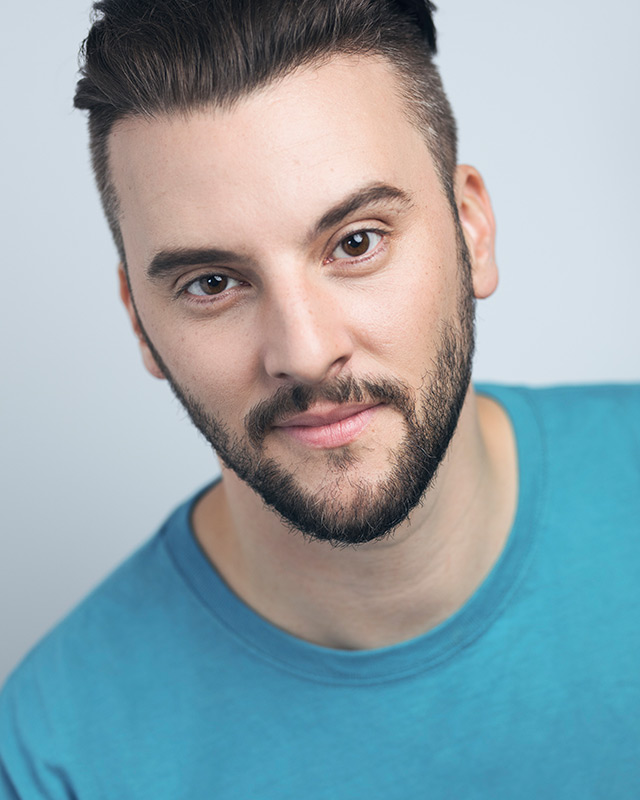

M.F.A. Acting Alumnus Performs a New Role
In the theatrical world, where boundaries can be fluid, actors sometimes help other actors play a role. Just ask Danny Beason, M.F.A. 2018, who has been helping faculty members in the National Catholic School of Social Service (NCSSS) adjust to teaching in the virtual environment.
Beason, who played the title role in the University’s production of Macbeth in 2017, still plans a professional career as an actor. For now, he’s the M.S.W. Online Program Coordinator for NCSSS, acting as advisor to about 175 students. He makes sure they are properly registered for courses and have met all their requirements at every step.
The remainder of his time is spent assisting faculty with technology. With the shift to virtual classrooms this spring, those responsibilities expanded.
“I started assisting instructors with the technology they can use to best serve their online classes,” Beason said. “How do they want to present their class — synchronously (live, with everybody more or less present at the same time) or asynchronously (with students tuning in at different times to watch prerecorded material)? If they want to be asynchronous, it’s how to record lectures and disseminate them; if they want to be synchronous, it’s how to use Zoom effectively for class presentations, and that kind of thing.”
He praises his University colleagues Helen Smetheram and Noah Bickford, of Technology Services, and Angela McRae, a clinical assistant professor in the Education Department, for doing important work to maintain instructional continuity during the shift to cyberspace.
Even for professors who have some familiarity with the technology, the prospect of moving classes online can be daunting. How are guest speakers welcomed to the virtual classroom? What about student presentations? Which platform would be best for a particular course — Zoom? Google Meet? Panopto? Blackboard?
“It’s the same curriculum as on campus, but delivered online instead,” Beason said. “I’m not changing the world. I’m just giving a little instruction about the nuts and bolts, making sure they’re not scared of the technology. I tell them it’s not the end of the world if a class ends early by accident, or if somebody’s microphone cuts out and you can’t hear them. If there’s a problem, just send me an email and I’ll try to figure out a solution.”
Upon reflection, Beason realized that he is now performing in the role of a director, helping faculty members learn to strut for an hour upon the virtual stage without fretting.

"I think there’s always a relationship between theater and the real world,” Beason said. “My theater background has helped me in situations where I’m not exactly comfortable. Public speaking always made me nervous, and my training got me over that hump. Zoom meetings feel different from live meetings, but training helps with the jitters.”
His role model when it comes to directing is Eleanor Holdridge, associate professor in the Drama Department, who helped him learn the distinction between being and doing while directing him in Macbeth.
“I had always thought that actors are supposed to do something,” Beason said. “That show taught me that actors aren’t supposed to do anything — they’re supposed to be the person that they’re playing. For the first time, I wasn’t thinking about what my next line was or what I needed to do; I was just being that character. I wasn’t Danny. And that seems so basic, but it’s such a hard concept to actually envelop.”